This page contains the information a candidate for IT Manager of the IAPS Executive Committee (EC) needs to know. Be sure to first read what any EC candidate needs to know.
Note: regarding the office description, it is important to know the tasks of EC members for a given year, considering what is defined in the Charter and the Regulations, are proposed by the EC of the previous year. This proposal may be the object of changes during the Annual General Meeting (AGM) at which the EC members are elected by decision of AGM participants, either due to a specific proposal or as a result of Charter or Regulations changes.
Tasks
The IAPS EC proposed the following tasks for the IT Manager:
- Manage IAPS’ IT infrastructure
- Manage email addresses and mailing lists
- Development and maintenance of IAPS websites
- Provide technical assistance for IAPS IT infrastructures
- Manage technical applications necessary for the work of the EC
- Begin development of an internal web-based platform for current members, as outlined in the IAPS Strategic Plan
Useful Skills
- Experience in computer programming
- IT savviness, particularly in handling WordPress, Hetzner and Google apps
- General Data Protection Regulation (GDPR) knowledge, to have an idea of how to apply the regulation in specific situations
- Communication ability, as contact with members will be frequent
- Proper organisation, so the IT infrastructure can be navigated and accessed as easily as possible
What to expect right after the AGM
- Your first official EC meeting, still during ICPS, with the outgoing EC
- Your handover meeting with the outgoing IT Manager, who has also been the Data Protection Officer, though not named as such in the officer denomination defined in the 2018 AGM for the current term
- Check if all elements of the IAPS IT infrastructure are in order
What to expect throughout the year
- Receiving requests from the EC or members regarding the IAPS Cloud and the IAPS email infrastructure, like resetting passwords, creating addresses and fending off potential viruses or other problems that might affect it
- Updating current elements of the IT infrastructure to adjust to the needs of members and plans of the EC
- Developing additional IT tools for the EC or members as needed
- Checking agreements with event Organising Committees (OCs), other associations or institutions for Data Protection provisions, to make sure these follow the European Union’s GDPR
- Delegating specific responsibilities to the members of the IT Working Group
Remember the words of Master Yoda: “Do or do not. There is no try.”!
